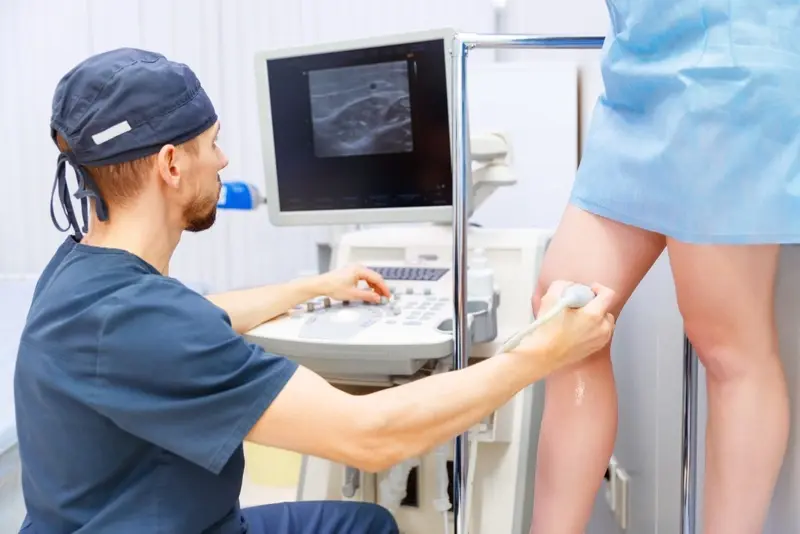
Healthcare company BTG (BTG) upgraded its sales forecast after adding its varicose veins treatment Varithena to its oncology and vascular portfolio.
Strong demand for its tumour-targeting medicines in the six months to 30 September 2018 led analysts to raise their product sales growth forecasts from a 13% to 15% range to 15% to 17%.
Shares in BTG rallied more than 5% to 588p in response to the upbeat pre-close update.
VARITHENA SET TO RAKE IN MILLIONS
Varithena is expected to turn a profit during the 2019/2020 financial year and is forecast to hit the ‘high tens of millions of dollars,’ or so the company says.
Changes to the way doctors are paid for prescribing the treatment are expected to help.
BTG is also enjoying strong demand for its radiation treatment TheraSphere and cryoablation products, the latter a process that uses extreme cold to destroy tissue. Pulmonary embolism therapy EKOS, which breaks down blockages in the lung, is also selling well.
POTENTIAL UPGRADES IN THE PIPELINE
Numis analyst Paul Cuddon says the new guidance implies a 3% to 4% upgrade to product sale forecasts to $608m for the full year to 31 March 2019. He is encouraged by Varithena's potential, and is anticipating $30m of sales by 2022.
Cuddon does warns of generic competition down the line though, pointing out the possible threat to BTG's Zytiga prostrate cancer treatment revenues with generic variations expected to launch in the US later this month.
The impact of generic competition is also picked up by Panmure Gordon analyst Dr Julie Simmonds. She flags Bioclon's (a rival) soon to launch anti-venom treatment set for a US debut this month.
While Dr Simmonds believes this has a shorter shelf life compared to BTG's CroFab, it is another example of how copycat treatments continue to pose threats to established treatments once patent protections run down.




